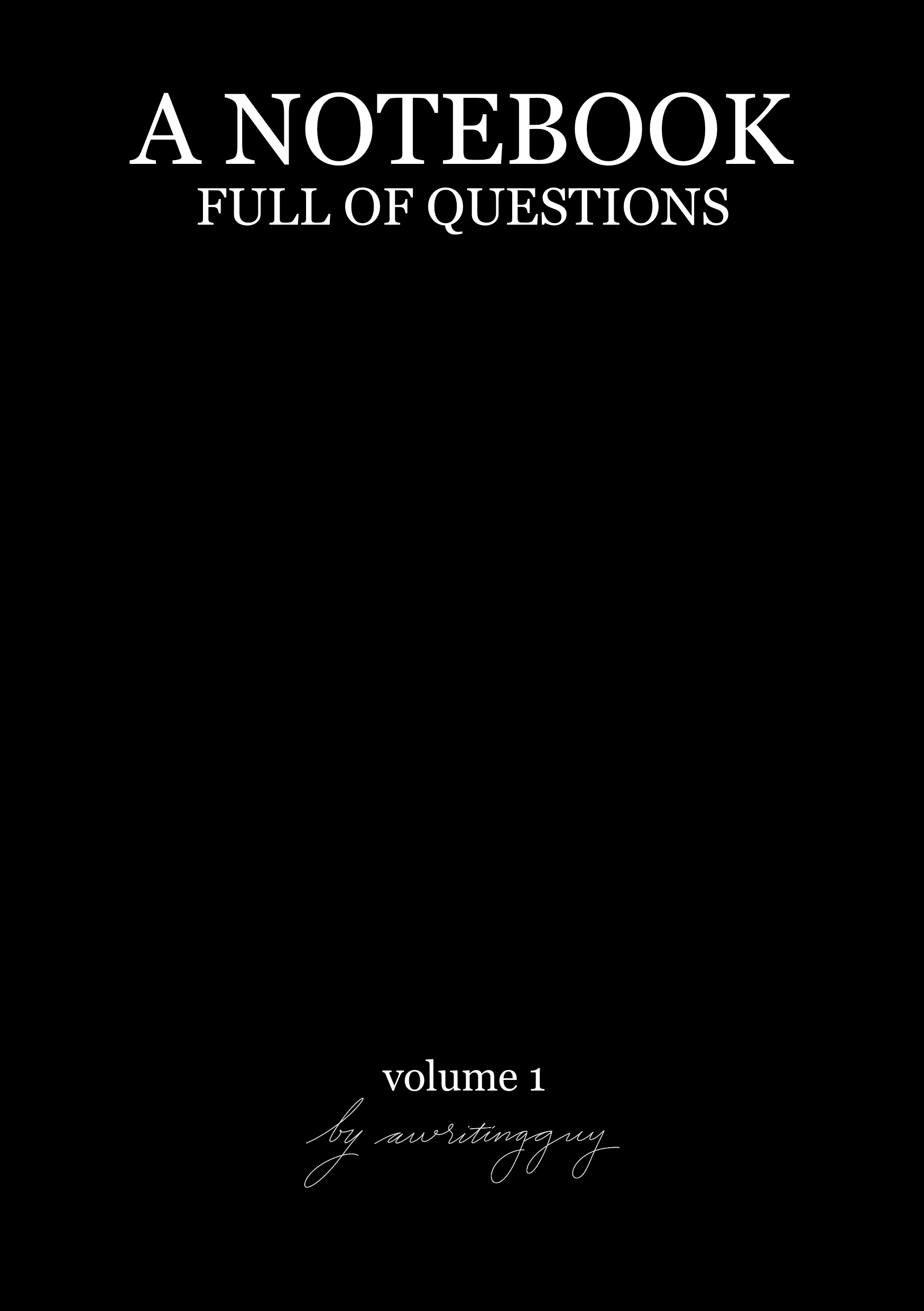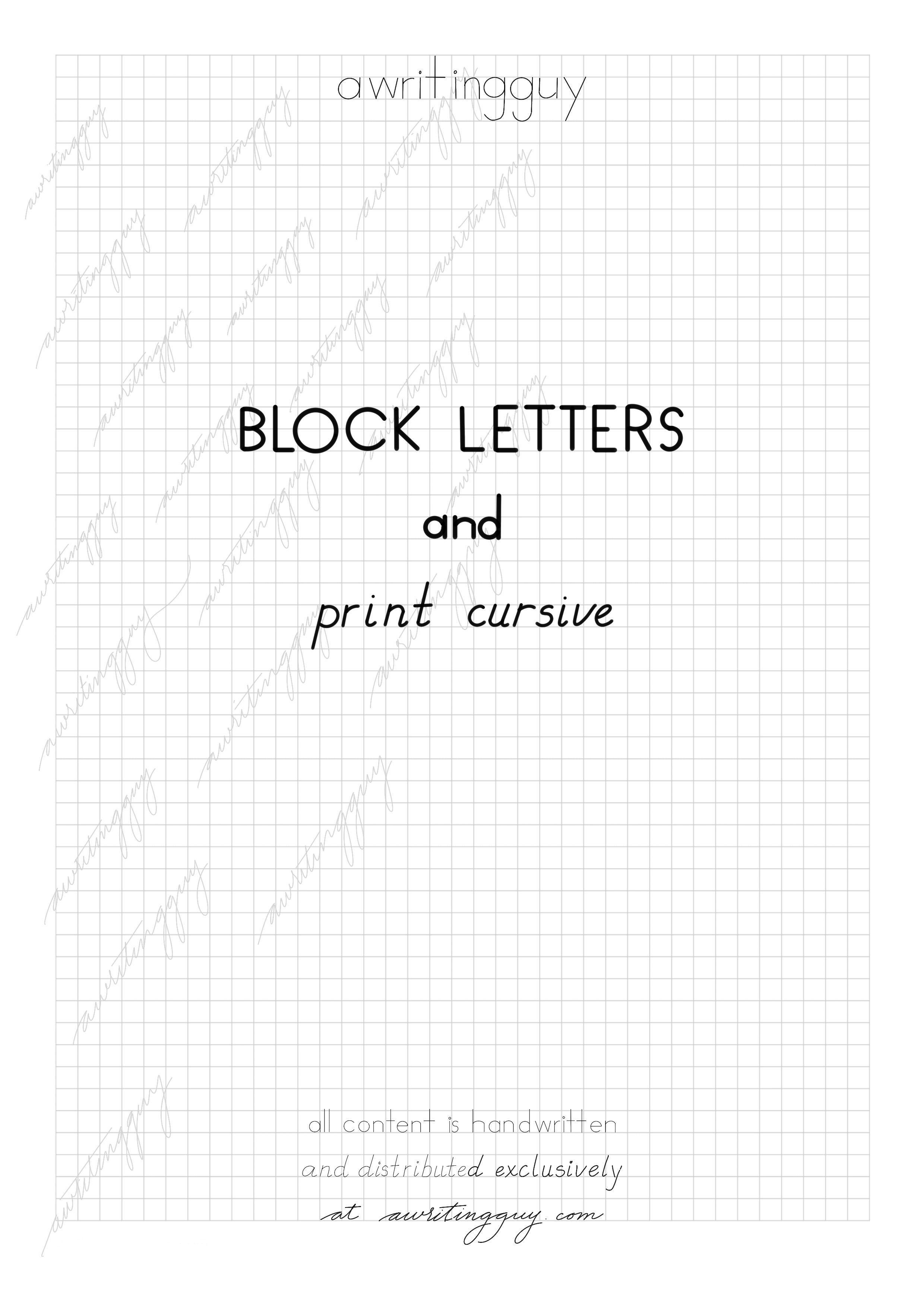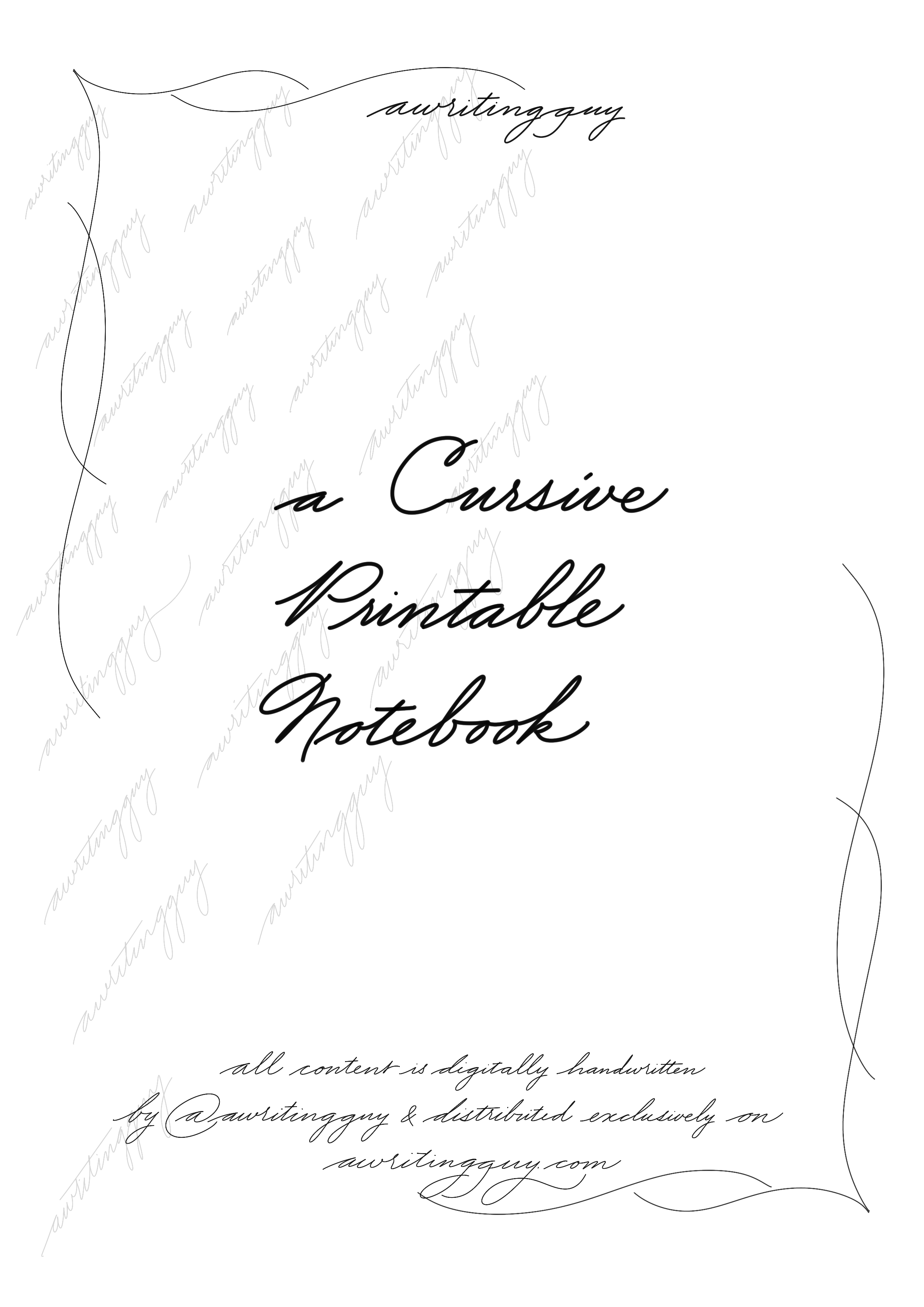on Personal Narrative
In an age where everything is documented, from social media posts to meticulously curated photo albums, the practice of keeping a journal or diary remains a profound and personal endeavor. It’s a space where thoughts, feelings, and experiences collide, allowing individuals to reflect on their lives. But the question arises: how does this practice shape our personal narratives? Does it lead us toward greater self-awareness and understanding, or can it spiral into a labyrinth of overthinking? In this discussion, we will explore both sides of the journaling experience and offer guidance on how to maintain a balanced approach.
The Role of Journaling in Personal Narrative
At its core, journaling serves as a form of storytelling—a means to document our experiences, thoughts, and emotions. When we write, we engage in a dialogue with ourselves, crafting a narrative that is uniquely ours. This narrative influences how we perceive our lives and the events that shape us.
The Positive Aspects of Keeping a Journal
1. Self-Discovery and Reflection
One of the most significant benefits of journaling is the opportunity for self-discovery. Writing provides a mirror that reflects our thoughts and feelings, allowing us to explore our inner worlds. Through this exploration, we can identify patterns, uncover hidden emotions, and gain insights into our behaviors. For many, journaling becomes a safe space to process complex emotions and thoughts that might otherwise remain buried.
2. Clarity and Perspective
When faced with challenges or decisions, writing can bring clarity. The act of putting pen to paper forces us to articulate our thoughts, leading to a more organized and coherent understanding of our experiences. As we journal, we may find that our worries diminish and our perspectives broaden. What seemed insurmountable in our minds often appears manageable when articulated on the page.
3. Emotional Regulation
Journaling is a powerful tool for emotional regulation. By expressing our feelings through writing, we can reduce stress and anxiety. Research indicates that expressive writing can help individuals process trauma, allowing for emotional release and healing. In this way, journaling can serve as a therapeutic outlet, enabling us to confront and manage our emotions more effectively.
4. Goal Setting and Motivation
Keeping a journal also allows us to set and track our goals. Writing down our aspirations creates a tangible representation of our intentions. This act of commitment can foster motivation and accountability, nudging us toward the actions needed to achieve our dreams. Journals can serve as personal roadmaps, guiding us on our paths to growth and self-improvement.
5. Enhancing Creativity
Journaling encourages creative thinking. By freeing our minds from the constraints of daily life, we create space for imaginative ideas to flourish. Whether it’s brainstorming new projects, exploring artistic endeavors, or simply daydreaming, writing can ignite our creative sparks and encourage us to think outside the box.
The Negative Aspects of Keeping a Journal
While journaling offers numerous benefits, it can also have downsides, particularly when it becomes a compulsive or overly introspective practice.
1. Overthinking and Rumination
One of the dangers of journaling is the risk of overthinking. When we dwell excessively on our thoughts and experiences, we may become trapped in a cycle of rumination, replaying negative events or emotions repeatedly. This can lead to heightened anxiety and distress, detracting from our ability to move forward and find resolution.
2. Self-Criticism and Judgment
Journals can sometimes become breeding grounds for self-criticism. When we write about our experiences, we may inadvertently adopt a judgmental tone toward ourselves. This can distort our self-image and contribute to feelings of inadequacy or guilt. Rather than fostering self-acceptance, journaling can amplify negative self-talk.
3. Isolation and Withdrawal
For some, excessive journaling can lead to feelings of isolation. When we spend too much time in our heads, we may withdraw from social interactions and relationships. This self-imposed solitude can create a disconnect from the outside world, leaving us feeling lonely or misunderstood.
4. Inability to Let Go
Journaling can sometimes lead to an inability to let go of past experiences. When we continually revisit certain events or emotions, we may become stuck in a narrative that no longer serves us. This fixation can hinder personal growth, preventing us from moving forward and embracing new possibilities.
5. Distraction from the Present
An intense focus on writing and reflection can distract us from the present moment. Instead of engaging fully with our current experiences, we may become preoccupied with documenting them. This distraction can prevent us from truly living in the moment, ultimately detracting from our overall quality of life.
Striking a Balance: How to Keep a Diary in Moderation
Given the potential benefits and pitfalls of journaling, it’s essential to find a balanced approach. Here are some strategies to help you maintain a healthy relationship with your journal:
1. Set Clear Intentions
Before you start journaling, take a moment to reflect on your intentions. What do you hope to achieve through this practice? Are you seeking clarity, emotional release, or creative expression? By setting clear intentions, you can guide your writing and prevent it from becoming a source of overwhelm.
2. Limit Your Writing Time
To avoid falling into the trap of overthinking, set time limits for your journaling sessions. This can help you stay focused and prevent excessive rumination. Aim for a short, dedicated period—perhaps 15 to 30 minutes—where you can write freely without getting lost in your thoughts.
3. Focus on the Positive
While it’s important to process negative emotions, consider balancing your entries with positive reflections. Write about things you are grateful for, moments of joy, or achievements, no matter how small. This can help shift your perspective and cultivate a more optimistic outlook.
4. Use Prompts for Direction
Sometimes, starting with a prompt can provide structure and prevent wandering thoughts. Consider using questions or themes to guide your writing. Prompts like “What made me smile today?” or “What is one lesson I learned this week?” can foster meaningful reflection without becoming overwhelming.
5. Practice Mindfulness
Incorporate mindfulness techniques into your journaling practice. Before you begin writing, take a few moments to center yourself. Focus on your breath, engage your senses, and ground yourself in the present moment. This can help you approach your writing with clarity and intention.
6. Embrace Imperfection
Remember that your journal doesn’t have to be perfect. Embrace the messiness of your thoughts and emotions. Allow your writing to flow naturally, without self-judgment. The goal is not to create a polished masterpiece but to engage in authentic self-expression.
7. Know When to Step Back
If you find yourself spiraling into excessive rumination or self-criticism, take a step back from journaling. Allow yourself a break to engage in other activities—spend time with loved ones, pursue a hobby, or immerse yourself in nature. This can provide fresh perspectives and help you regain balance.
The Lasting Impact of Journaling on Personal Narrative
As we navigate our journeys of self-discovery, it’s important to recognize the significant role that journaling can play in shaping our personal narratives. The stories we tell ourselves through our writing influence how we perceive our lives and experiences.
By embracing the positive aspects of journaling while being mindful of its potential pitfalls, we can cultivate a practice that enriches our lives. Journaling becomes a powerful tool for self-reflection, emotional regulation, and creative expression—a means to document our unique narratives and understand our place in the world.
Conclusion: The Journey of Self-Discovery Through Journaling
In the end, journaling is not just about keeping a record of our lives; it’s about engaging in a dialogue with ourselves. It’s a sacred space where we can explore our thoughts, feelings, and experiences—an opportunity to reflect, grow, and create meaning.
Whether we use it as a tool for clarity, emotional release, or creative exploration, journaling invites us to participate actively in our personal narratives. It encourages us to shape our stories rather than be passive observers of our lives.
So, pick up that pen or open your digital diary. Allow yourself to write with intention, compassion, and authenticity. Embrace the journey of self-discovery, knowing that each entry contributes to the rich tapestry of your life’s narrative. As you embark on this journey, remember that the pen is not just a tool—it’s a gateway to understanding yourself and the world around you.






